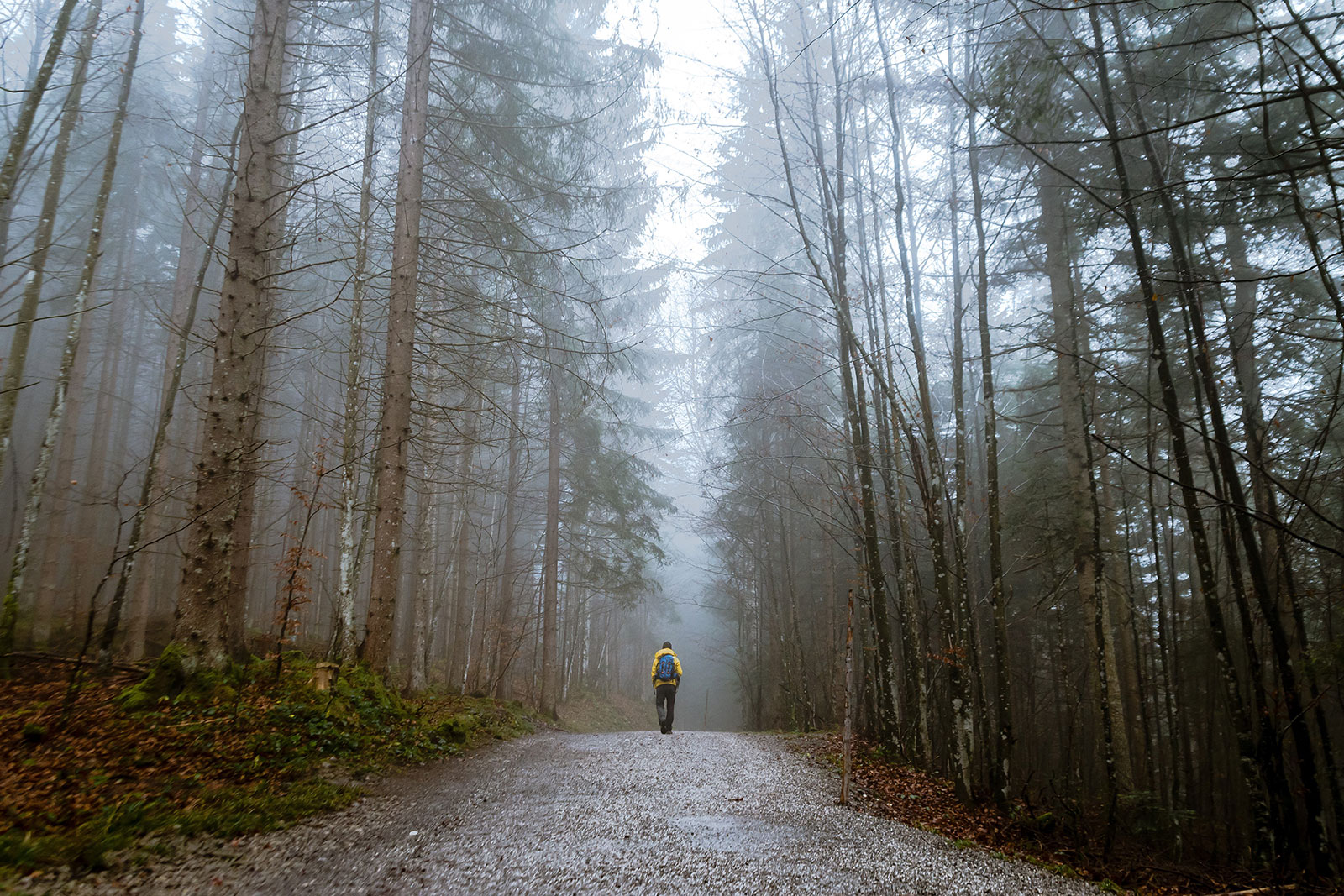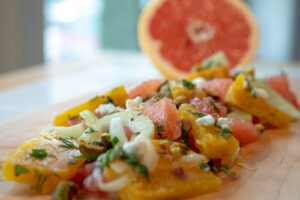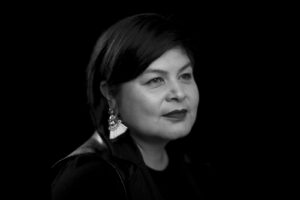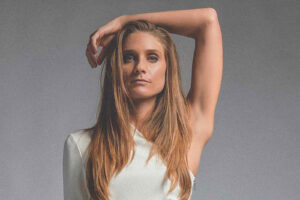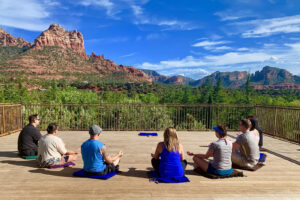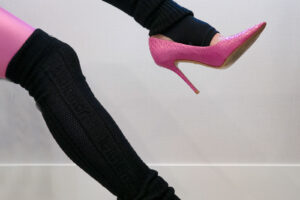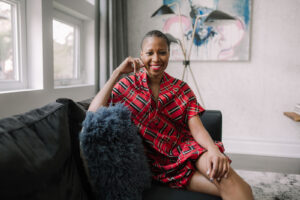As told to Britt Julious
I’m a very motivated person. I’m the person that gets up at 5 a.m. and is going to work out and eat right and take care of himself. I had just finished up my junior year of college. I had recently gotten a great internship opportunity in Washington, D.C. I live in Indiana, so this was a pretty exciting thing for me. I was going to turn 21, and I had just signed with a modeling agency. I was probably in the best shape I have been in my entire life. I guess things were just starting to pick up.
About halfway through the summer, [during] the week of my birthday, I got a sore throat. I went to urgent care, and they said, “You know, you have mono.” I said, “Uh, okay. What do I need to do for that?” They just gave me a mouthwash to help the sore throat. They said I had to lay in bed for a few days. Not a big deal.
Four days later, I woke up after napping and I felt the worst. I walked into my kitchen with my roommate, and he was trying to talk to me, but I wasn’t responding correctly. I was delirious, talking about things that weren’t really there, hallucinating. He said, “We need to take you to the ER right now.” I originally said, “No, I’m fine. It’s just mono, I just need to recover,” but he insisted.
A few hours after I got to the ER, they diagnosed me with septic shock and acute lymphoblastic leukemia. My kidneys were failing. My blood wouldn’t coagulate. All these different things were compounding into that one moment. My body was shutting down. After hearing those words, I pretty much blacked out. They took me to Johns Hopkins in Maryland. With about two hours left of my body still functioning, the nurses and the doctors were able to save my life, which is nuts.
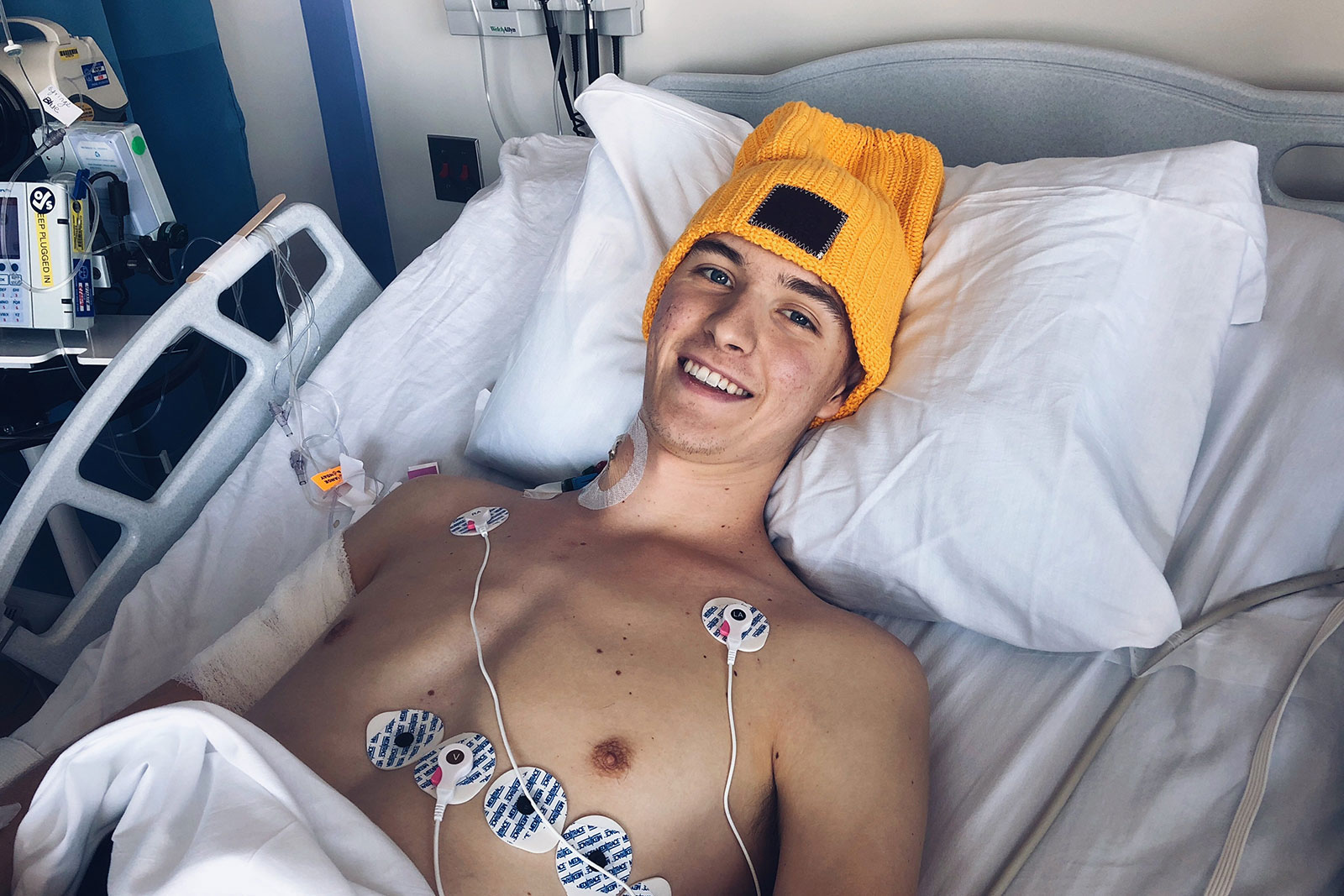
Photo courtesy of William Yank
At first, I really was in complete disbelief. I contacted my mom and apparently said, “Hey, this stupid crazy doctor thinks I have all these illnesses [like] cancer. I think he’s joking. It’s not very funny.” I handed the phone to the doctor, and he apparently said, “Ma’am, your son definitely is sick here.”
I’m a very go-getter person. On the whiteboard [in my room], it said: “Let’s get this shit done.” I think that was probably the mentality, even when I was blacked out, that I had. That regardless [of what happens], I was going to come out of it okay. Whatever life changes needed to happen, I was just going to take them head on and do that.
I quote-unquote woke up out of that blackout about a week and a half later. During this time, my parents said I was still talking to them and having conversations. Apparently, I called people on my phone, but I really don’t remember a lot of that week. I do remember having a bunch of hallucinations because I was put on drugs I never had [previously]. I ended up staying at Johns Hopkins and recovering for about a month. They let me fly back to Indiana to continue my treatment at Riley Children’s Hospital in August.
Being forced to mature so quickly as a young adult [has] honestly helped how I value myself, my time, and the people around me.
One thing that really hit me really hard was not being able to return to school that fall. It was my senior year, but I was not going to graduate with these people—my best friends—that I had known over the past three to four years. Some days, I just randomly cried because I wouldn’t be with them and wouldn’t be able to celebrate the fun times, like passing our finals or enjoying graduation. That was probably the hardest thing.
After a few tests, I still had leukemia left in my bone marrow, so they wanted to try something else. I was a candidate for CAR T-cell therapy. They shipped me back out to Baltimore, and I was there for about another month and a half with my mom. By Christmas of 2018, I slowly healed from the CAR T-cell procedure, and on Jan. 10 of this year, I was put into remission.
Before getting sick, I honestly thought I was invincible. I thought I had this shield I set up by taking care of myself, eating right, and sleeping well. I avoided these risky behaviors that a lot of other people my age do. I hardly ever drank. I never did drugs. Even now […] I walk by people doing the same things I did. I see them on the internet. I see people—these wealthy celebrities—make money off of [being healthy], doing what I had been doing for the past four years, and nothing’s wrong with them. That’s been so hard to swallow and so hard to understand.
Before being sick, I kind of lived life in a way that wasn’t exactly love […] Now, I want to love other people in the way that I’ve been loved in my life.
But now, my life is filled with opportunities. I’ve been able to do a TED Talk at my college, which was really cool. My college held my scholarship so I can come back. I’ve also been able to return to my high school and speak. I’ve noticed that I enjoy helping other people. My life is filled with excitement and joy. It’s filled with a little bit of boredom here and there and a significant amount of gratefulness. I feel very grateful for everything I have.
[Cancer has] completely changed my perspective on how I live my life and how I treat other people. I find the gratefulness in the more simple things: in spending time with my dogs and spending time with my family, things that I used to take for granted. The little things that used to get at me, that I would complain about or have a bad attitude about, don’t get to me as much. Being forced to mature so quickly as a young adult [has] honestly helped how I value myself, my time, and the people around me.
I seek answers to more significant questions now. I wonder if God is real, or I wonder what spirituality is. I’ve been reading a lot lately. That’s another thing that’s changed. [Reading has] changed my perspective and allowed me to be more open to hearing other’s ideas and not judging them immediately. I used to be so judgmental. It was crazy. But now I find I’m just really open to things I used to think were [bad] for some reason. And I don’t really understand why I felt like that previously. It’s a healthier view of life, healthier self-worth, and a healthier value for everything around me.
Life is short. Realizing that at my age is wisdom that not a lot of people get to learn. Having that [knowledge] is going to allow me to see my future as more fulfilling [and with] more happiness. Before being sick, I kind of lived life in a way that wasn’t exactly love. And I don’t really know how else to explain it other than that. Now, I want to love other people in the way that I’ve been loved in my life.
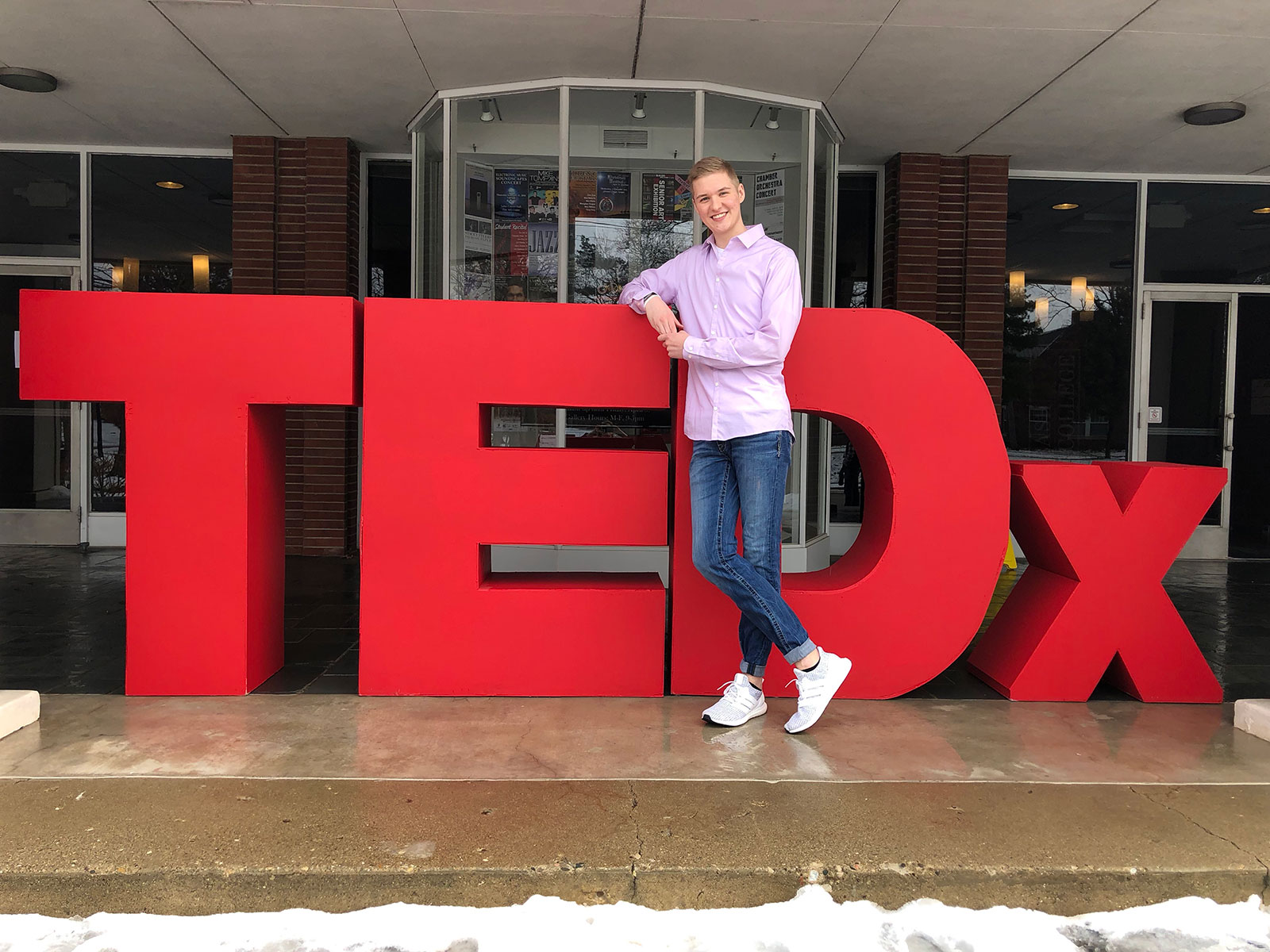
William Yank, today

